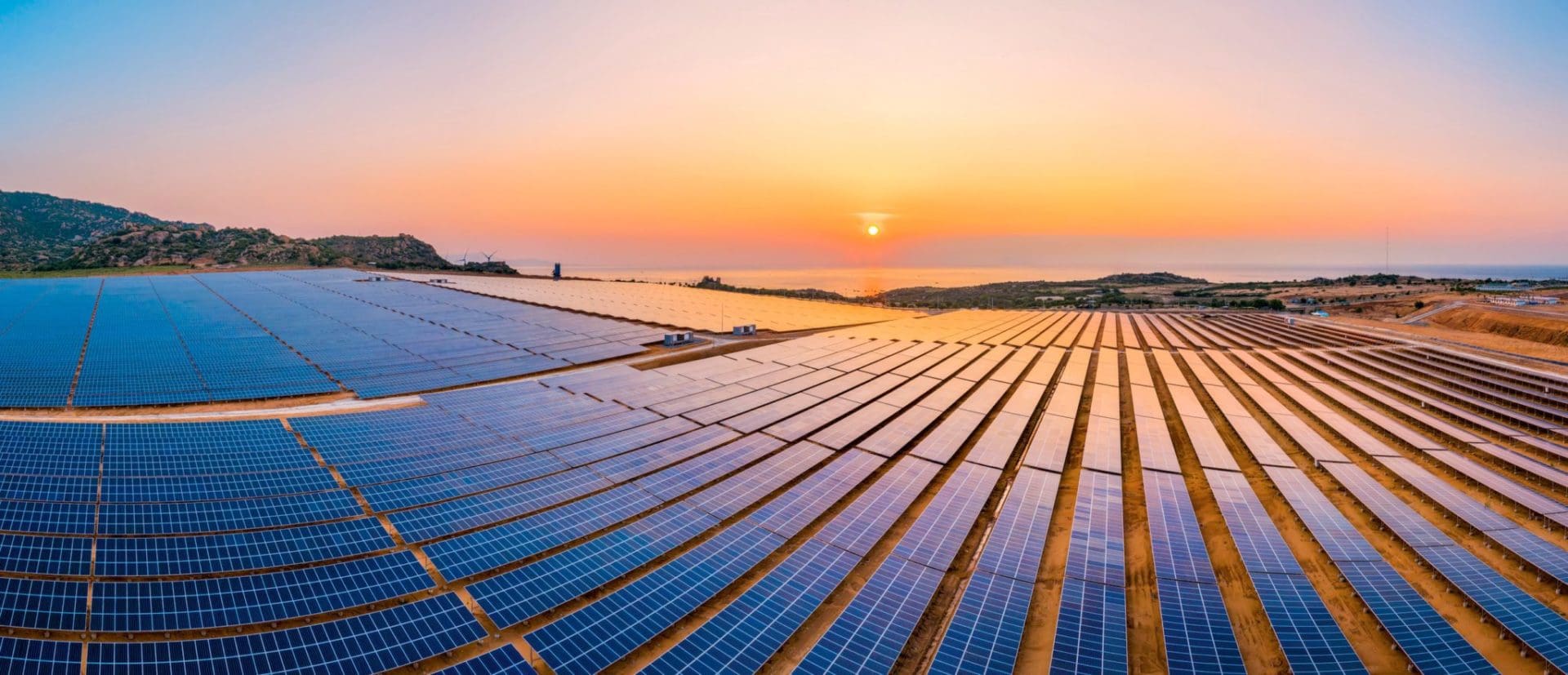In 2021, lignite-based electricity production in Hungary decreased, while the share of solar power plants reached a staggering 11.1 per cent, which is the highest rate in the European Union, according to the recent report of the Hungarian Energy and Public Utilities Regulatory Authority. Considering the current global energy crisis, solar power is becoming a crucial pillar of ensuring stable electricity production.
Despite the growth of electricity demand in the EU (4.3 per cent) and Hungary (6 per cent) in 2021, there have been no issues with the meeting of the increased demand in terms of power grid capacity.
Electricity production in the EU also increased in a similar fashion, although there has been a shift in how electricity is generated in various member states. Due to sky-high gas prices, the trend of switching from coal to natural gas reversed in the EU, as lignite and coal-based production grew from 12.3 per cent 14.2 per cent, overtaking gas at 13.9 per cent.
The role of fossil fuels in electricity strengthened, while that of carbon-neutral technologies decreased
Consequently, the role of fossil fuels in electricity strengthened, while that of carbon-neutral technologies decreased from 62.9 per cent to 62.2 per cent. The share of weather-dependent renewable energy sources also decreased slightly, from 33.4 per cent to 33.1 per cent. Due to unfavourable weather, regardless of the rising capacity of weather-dependent renewable-based production, the production increase clocked in at a marginal 4.2-Terawatt hour increase. Fortunately, the expansion of wind and solar was uninterrupted, growing by 20-Gigawatts of power in the EU.
As the Hungarian government is working towards a mostly carbon-free electricity production, not only support for industry actors is expanding, but households are also being subsidized. The Green Home Programme launched in 2021 helps replace outdated, highly inefficient and polluting household heating systems with modern, green solutions that are based on renewable energy sources.
As a result of the dynamic expansion of solar-based electricity production, solar power plants accounted for 11.1 per cent of Hungary’s electricity production. This figure catapulted the country to the top of the list in the EU, placing it ahead even of Mediterranean member states such as Spain or Greece.








